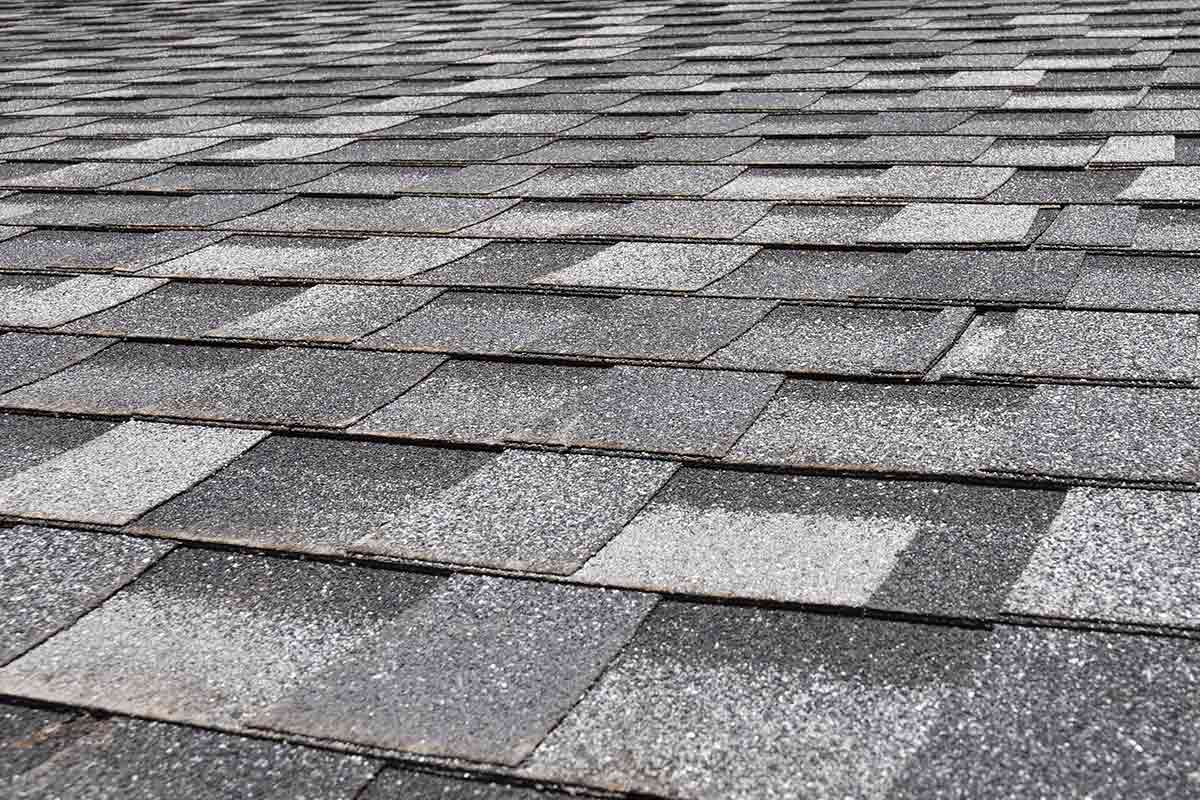Our companies are backed by the Best Pick Guarantee. Call one today!
No house is perfect, and as a seller, you can’t be expected to fix every little thing. If you’re selling your home, you’re probably wondering what types of things a buyer may ask you to fix. Even new homes have imperfections, and most buyers will realize this, but you may encounter a few searching for the nonexistent perfect house.
Regardless of its age or condition, a home inspection will probably uncover a few issues with your home. Things to keep in mind:
- Structural and mechanical issues may cost you, because they can cause problems with lenders and insurance companies.
- Are the requested repairs under your control? If you live in a townhome or condo, an association may be responsible for the repair.
- Do you need approval to make the repairs from a neighborhood governing body? Do you live in a historic district or an area with strict rules and guidelines?
- Avoid dealing with easy, inexpensive issues that buyers can take care of themselves.
- A buyer may request a lower price or a cash credit if you’re unwilling (or unable) to make a requested repair.
Speak to Your Real Estate Agent First
If there is a “For Sale” sign in your front yard, you’re probably working on a down payment for a new home, and the last thing you want to do is spend thousands of dollars on a house you’re planning on vacating. Whether your home needs repairs or not, don’t do anything until you speak to a real estate agent.
Making changes and repairs before listing your home (without speaking to a real estate agent) is a risky choice:
- You may be spending money on things buyers don’t care about.
- It may not be the right choice given the location of your home.
Commonly Requested Repairs:
Roofing
 The life span of a roof depends on both the material used and the climate where you live. High-quality materials usually come at a premium price but offer longer-lasting protection. As for the weather, it’s obviously not something you can control, and unfortunately, bad weather can damage any type of roofing material.
The life span of a roof depends on both the material used and the climate where you live. High-quality materials usually come at a premium price but offer longer-lasting protection. As for the weather, it’s obviously not something you can control, and unfortunately, bad weather can damage any type of roofing material.
Average life span of roof by material:
- Asphalt or Composite Shingle: 15 to 20 years, though some brands claim to last up to 50
- Fiber Cement Shingle: Up to 25 years
- Wood Shingle and Shake: 20 to 30 years
- Metal: Anywhere from 40 to 80 years
- Tile and Slate Shingles: 50 to 100 years depending on thickness
Some buyers may request a roof certification. A roofing certificate is provided by a roofing contractor who assesses its condition and gives an estimate on how long the roof should last. If the contractor finds issues, the certification is not issued until the required repairs are handled.

Quality Matters When Hiring for a Big Project. Call a Best Pick Now!
Siding
Siding requires a bit more upkeep than roofing, and many materials need to be cleaned, painted, stained, or sealed every few years to keep everything in good shape.
Average life span of siding by material:
- Vinyl Siding: 20 to 40 years, depending on thickness
- Aluminum Siding: 25 to 40 years; needs to be repainted every 5 to 10 years
- Fiber Cement Siding: Up to 100 years; needs to be repainted every 5 to 12 years
- Stucco Siding: Up to 50 years; needs to be repainted every 5 to 7 years
- Engineered Wood Siding: 20 to 30 years
- Wood Siding: 20 to 40 years; needs to be repainted every 5 years or so
At the end of the day, whether you’re considering cleaning, repainting, or replacing old siding, it will increase your home’s curb appeal to potential buyers.
Plumbing
 No plumbing lasts forever, but some materials last longer than others. Supply pipes transfer water to fixtures throughout your home, and drain lines carry waste water to a sewer line or septic system.
No plumbing lasts forever, but some materials last longer than others. Supply pipes transfer water to fixtures throughout your home, and drain lines carry waste water to a sewer line or septic system.
Supply pipes:
- Brass: 80 to 100 years
- Copper: 70 to 80 years
- Galvanized Steel: 80 to 100 years
Drain lines:
- Cast Iron: 80 to 100 years
- Polyvinyl Chloride (PVC): 25 to 40 years
You can expect buyers to want lead and tar paper pipes (also known as “Orangeburg pipes”) replaced wherever they’re in use. Lead pipes pose an obvious safety concern, and any existing tar paper pipes are well past their prime. Tar paper pipes have a maximum lifespan of 50 years and fell out of use with the introduction of PVC in the 1970s.
Mechanical Systems
Factors affecting your home’s mechanical systems include service schedules, water quality, and climate. Your unit will last longer if regular maintenance has been performed; the quality of water in your area will impact build-up in anything using water; and certain climates stress some systems more than others.
Average life span of your home’s major mechanical systems:
- Central Air Conditioning and Heating Systems: 15 to 20 years with proper maintenance
- Boiler: 10 to 15 years
- Furnace: 16 to 20 years
- Water Heater, Traditional: 8 to 12 years
- Water Heat, Tankless: Up to 20 years
You know what kind of maintenance has been done on your system, so taking note of the age of your units will give you a good idea of how they will rate in the home inspection.
Electrical
 When it comes to electrical wiring, it’s less about age and more about the materials used to insulate the wiring. That said, anything that’s not up to code must be replaced, and any wiring more than 40 years old may have safety problems.
When it comes to electrical wiring, it’s less about age and more about the materials used to insulate the wiring. That said, anything that’s not up to code must be replaced, and any wiring more than 40 years old may have safety problems.
Buyers will be on the lookout for warning signs that it’s time to rewire. A few include:
- Regularly blown fuses or tripped breakers
- Unusual sounds
- Heated plates or plugs
- Burning smells
Learn more about maintaining electrical safety in your home.
Termite Bond
A termite bond is essentially an agreement between a homeowner and a pest control company that guarantees termite inspection and treatment. More extensive plans may also cover any repairs caused by termite damage.
If a potential buyer is worried about termites, their inspector will be looking for signs of hidden termite damage.
Home Warranty
A buyer may request a home warranty. Home warranties typically cover major defects in the home for a year, including issues with central air, central heating, kitchen appliances, the washer and dryer, plumbing, electrical, and the roof.
Even if your appliances and systems are in working condition, a buyer may want the added peace of mind provided by a home warranty.
Bottom Line
- Whether your home needs repairs or not, don’t start spending money until you speak to your real estate agent.
- Find out, if you don’t already know, the age of your home, its elements, and its systems – it will come in handy when potential buyers start asking.
- Know that you can say no, but be prepared to lower the price or offer a cash credit if you’re unwilling to make the requested repairs.
Prepare yourself to deal with buyers that nitpick every little detail.


























